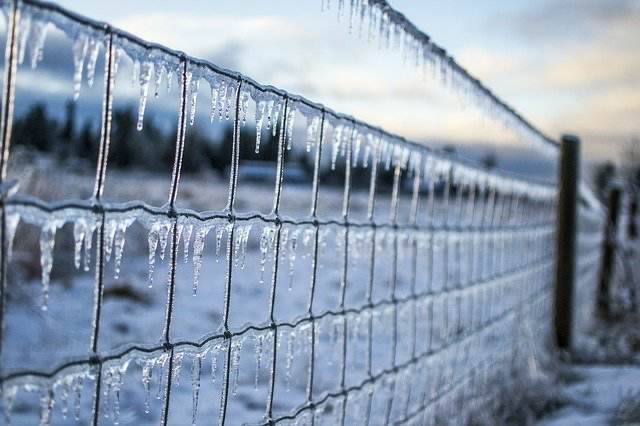Winter storm Elliott may erode some aggregate cat bond deductibles: Plenum

Recent winter storm Elliott, so the extreme cold, blizzards and severe winter extratropical storm that struck the United States from around December 21st to the 26th, is thought likely to cause a degree of deductible erosion to some aggregate catastrophe bonds.
This is according to specialist Swiss catastrophe bond investment manager Plenum Investments AG, who noted that despite this, the winter storm event is unlikely to cause any impact to its own cat bond portfolios.
Winter storm Elliott drove freezing arctic air south across the US in a polar vortex event, with temperatures falling to to 20°F below average across most of the Eastern part of the country.
Below-freezing temperatures also reached as far south as the Gulf Coast and lingered across the Southeast US as well, with tens of thousands of homes and businesses losing power due to high winds that had occurred on the warm side of the arctic cold front.
Lake effect snowfall was an issue over the Great Lakes, while historic blizzard conditions lasted more than 36 hours in Buffalo, NY and on December 24th, a strong extratropical cyclone formed and explosively deepened 24mb over 24 hours, bringing high winds of over 40mph to the Great Lakes region and surrounding area.
Impacts were felt across 42 US states and in Canada, which led catastrophe modeller Karen Clark & Co. (KCC) to estimate an industry insured loss of around $5.4 billion for the winter storm event.
Other industry sources have suggested low-to-mid single digit billions of insurance and reinsurance market losses, while some media have cited economic losses towards the high single digit billions of dollars.
In the catastrophe bond market, US winter storms are often a covered peril of aggregate cat bonds. The peril is not see in per-occurrence deals given the potential for higher losses are slim.
But for some cat bond sponsors, aggregate deals providing coverage against winter storm losses, alongside other perils, are a very effective source of protection.
However, these have become less in-favour with cat bond investors of late, given some consider these aggregate deals to cover so-called secondary perils, or less well-modelled catastrophe events.
Winter storms are often considered both of those, secondary and less robustly modelled.
Plenum said that, “The event is likely to lead to an increase in accumulated losses on aggregating CAT bonds.”
Plenum added the investment manager does “not expect any negative impact from winter storm “Elliot” in the US,” as the firm has chosen to avoid many aggregate cat bond deals, saying, “we are very cautious about investing in such positions.”
Many aggregate catastrophe bonds feature an element of winter storm coverage for their sponsors and some of these outstanding bonds were already eroded by other catastrophe events, from severe storms to hurricanes that occurred during the year.
It’s unlikely winter storm Elliott will have caused a particularly significant drag on any outstanding cat bonds, given the relatively small size of the industry loss, but any erosion of aggregate deductibles does effectively mean a cat bond is a little closer to attaching, so the perceived risk of attachment can rise.






